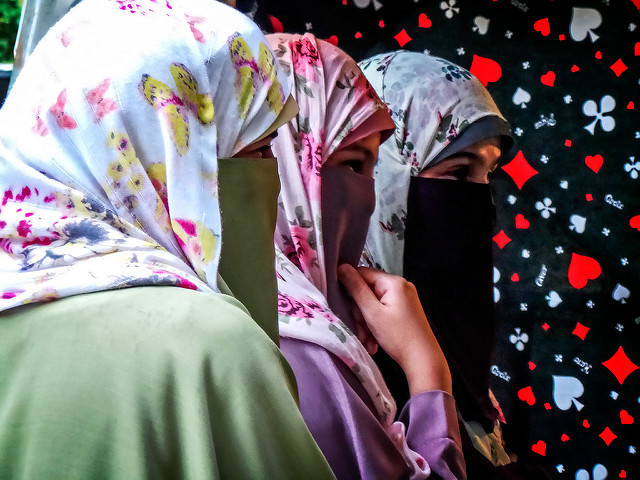The draft law initially was supposed to apply in schools and educational facilities, hospitals and care centres, justice buildings, administrations and public transport. However, in those public spaces it would apply not just to employees, but also to visitors and users of these facilities. The managers of these facilities can lift the ban on a temporary basis.
Covering one’s face is explicitly allowed in a professional, sport, artistic or cultural capacity.
The Council of State’s opinion criticises that it was not clear enough which forms of “public transports were meant; the draft invokes laws which don’t include all offers of transport. It questioned whether it included the airport or certain bus services which could be called on demand.
The report called therefore for more precise indications.
Furthermore, it wanted more clarifications on the application of the law in schools, whether it would apply only to public or also private schools, and whether it would apply to crèches and maisons-relais (daycare centres).
Another passage, relating to administrations and the inside of buildings where public services were provided, raised questions. The Council of State wondered whether this could also include libraries, museums and concert halls.
The Council of State also formally opposed the disposition which would allow hospitals to decide unilaterally the scope of the law. Only a legislative act could do this.
The council, which serves as a quasi-upper legislative body, considered that prohibiting the hiding of one’s face could only be justified in order to preserve communal harmonious living.
